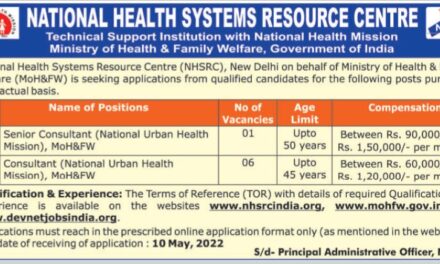We’ve all heard the saying, “You are what you eat,” but recent research suggests that it’s not just about what or how much you eat – the speed and timing of your meals may also influence your health significantly.
Studies indicate that both the pace at which you eat and when you eat can affect the risk of gastrointestinal issues, obesity, and type 2 diabetes (T2D). These findings offer new opportunities to modify patient behavior and potentially prevent or address these conditions.
Slow Down for Better Health
Eating too quickly not only leads to immediate discomfort like indigestion but can also have long-term consequences. It takes about 20 minutes for the stomach to signal to the brain that it’s full. Eating too fast can override this signal, leading to overeating and excess calorie consumption, which is linked to weight gain.
Furthermore, fast eating is associated with gastrointestinal diseases like gastritis and functional dyspepsia. A study in Korea found that those who ate the fastest had a significantly higher risk of these conditions compared to slower eaters. Extreme cases, such as competitive speed eating, can even lead to severe health issues like morbid obesity and gastroparesis.
Moreover, research suggests a connection between fast eating and metabolic changes leading to T2D. Studies in Japan and Lithuania found a significant association between rapid eating and T2D risk.
The Importance of Meal Timing
When you eat can be just as important as what you eat. Eating earlier in the day, aligning meals with the body’s circadian rhythms, may offer health benefits. Having the largest meal at lunchtime has been linked to a reduced risk of obesity compared to eating a large meal at dinner.
Studies also suggest that consuming the majority of calories earlier in the day can improve metabolic health. Time-restricted eating (TRE), a form of intermittent fasting, has shown benefits when done earlier in the day, such as reduced fasting glucose levels and improved insulin sensitivity.
Behavioral Interventions for Better Eating Habits
For individuals negatively impacted by fast eating or late-night meals, behavioral interventions may help. Encouraging patients to be mindful of hunger and fullness cues and to choose hard-textured, minimally processed foods can help slow down eating.
Technology-based solutions, such as self-monitoring wearable devices, may also be effective in reducing eating speed. However, it’s essential to consider other factors like total caloric intake, food quality, sleep, and physical activity when addressing eating habits.
In conclusion, understanding the timing and speed of eating can provide valuable insights into promoting better health outcomes. By making simple adjustments to meal habits, individuals can take proactive steps towards improving their overall well-being.











